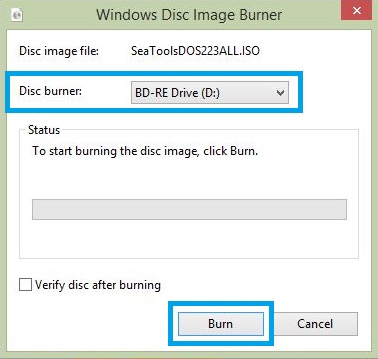What is Host Operating System?

As technology continues to advance, more and more people are becoming familiar with the terms “operating system” and “host operating system.” While many people understand the basic role that an operating system plays, fewer people are familiar with the specifics of a host operating system. In this article, we’ll take a closer look at what a host operating system is, how it works, and what its functions are.
A host operating system is essentially the primary operating system installed on a computer or server. It is the operating system that interacts directly with the computer’s hardware and manages computing resources such as memory, processors, and input/output devices. The host operating system is responsible for running other software applications and managing all of the system resources necessary for those applications to operate.
One of the key features of a host operating system is its ability to run virtual machines (VMs). A virtual machine is a software implementation of a computer that acts like a physical computer. The host operating system creates a virtual environment in which multiple VMs can run, each of which operates independently from one another. Each VM behaves as if it were a separate physical computer, with its own operating system, storage, and memory.
One common example of using a host operating system to run VMs is in running servers. Instead of running numerous physical servers, which can be costly and inefficient, many organizations use a single physical server with a host operating system to run multiple virtual servers. This approach allows organizations to manage their computing resources more effectively, reduce hardware costs, and improve their overall IT infrastructure.
Another important feature of a host operating system is its security capabilities. As the primary operating system on a computer or server, the host operating system must be capable of securing the system from threats such as malware, viruses, and hackers. This can be achieved through a variety of security measures, such as firewalls, security patches, and updates.
In summary, a host operating system is a crucial component of any computer or server, responsible for managing all system resources and interacting directly with hardware. Its ability to run virtual machines allows for greater flexibility and efficiency in managing computing resources, and its security features are essential for maintaining the integrity of the system. Understanding the role and function of the host operating system is essential for any professional working in IT, and for anyone who wants to understand the technology that powers modern computing.






